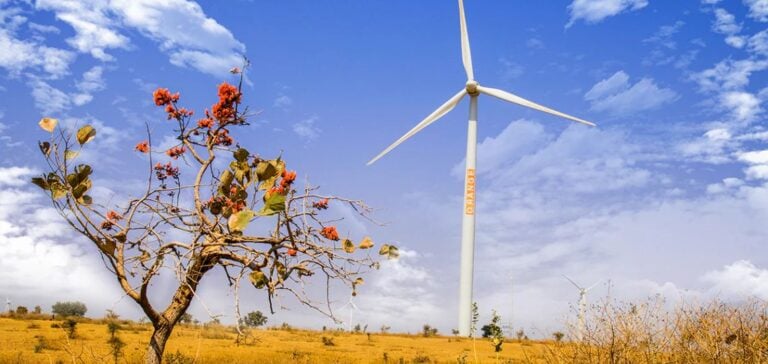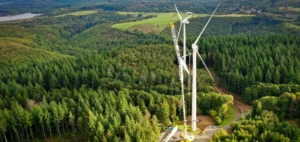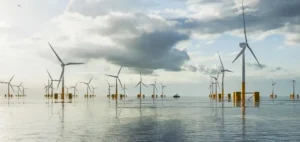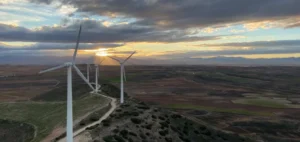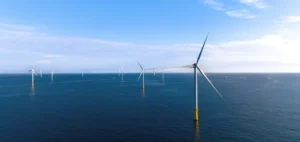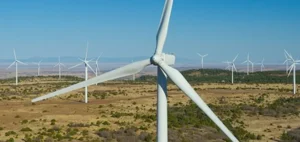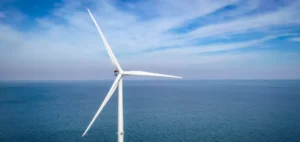JSW Neo Energy Limited, a subsidiary of JSW Energy Limited, recently finalized the acquisition of a 125-megawatt (MW) portfolio of wind assets owned by the Hetero Group. The installations are located in the Indian states of Andhra Pradesh and Maharashtra and are managed under three special purpose vehicles.
The projects benefit from long-term power purchase agreements with an average tariff of 5.22 INR per kilowatt-hour (kWh). The remaining operational life of the plants is estimated at approximately 15 years, ensuring stable and predictable revenues for JSW Neo Energy.
Strengthening renewable capacities
With this acquisition, JSW Neo Energy increases its total capacity to 24.7 gigawatts (GW). This diversification strategy positions the company as a key player in India’s energy transition, aligning with governmental carbon reduction goals.
Financial details and implications
The acquired portfolio was valued at approximately 76 million USD, excluding adjustments related to net current assets. This valuation reflects the quality of the assets and the stability of expected revenues, further strengthening the economic viability of the project for JSW Neo Energy.
This strategic move marks another step for JSW Energy in its ambition to increase investments in renewable energy and reduce its dependence on fossil fuels.


